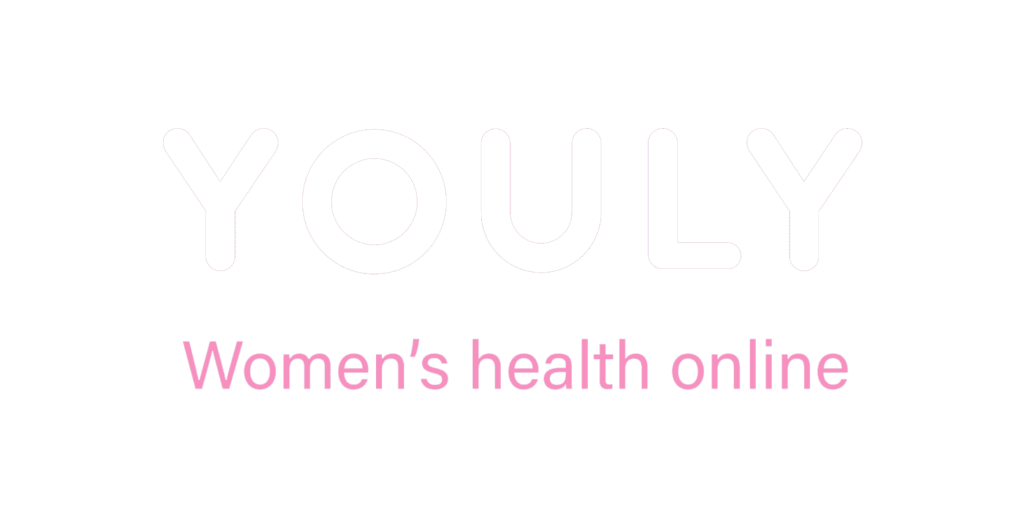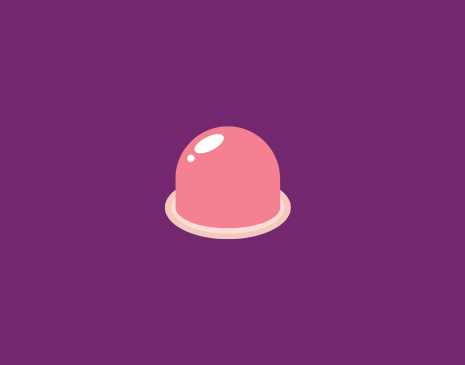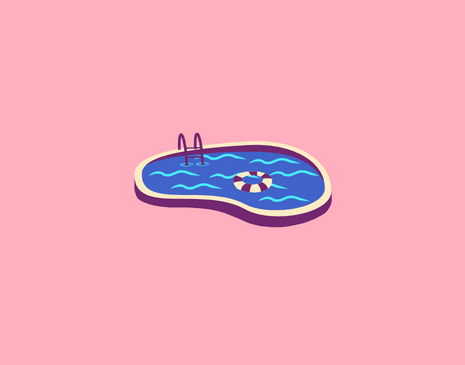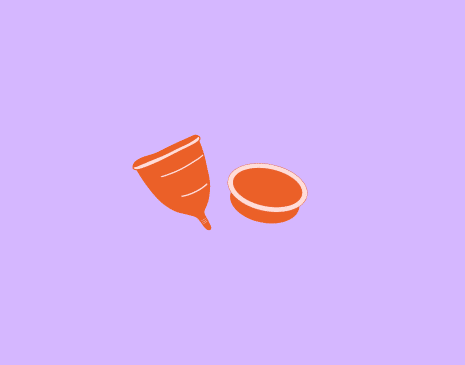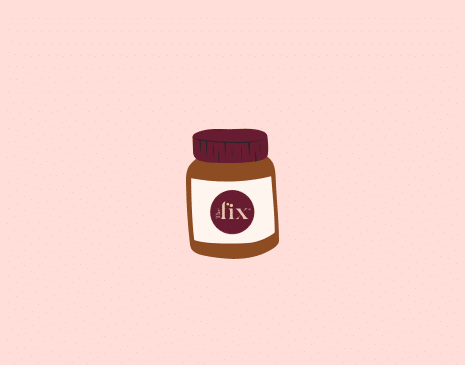Over 90% of women report symptoms of premenstrual syndrome (PMS) throughout their life. So it’s fair to say that if you’re a woman of reproductive age, there’s a high chance you’re familiar with how it feels to personify the humble helium balloon on a monthly basis. Alongside cramps, mood swings, and breast tenderness, bloating is one of many PMS symptoms featured in a premenstrual repertoire.
An uncomfortable inconvenience, period bloating affects a woman’s daily life and self confidence. Not to mention the limitations in terms of what clothing to wear to maintain comfort and avoid awkward stares or whispers of potential pregnancy in public (that’s one repercussion of bloating we all wish would die).
So, while your first reaction to period bloating may be to reach for your favourite trackpants and adopt a hermit lifestyle for a few days, there are ways to manage and improve period bloating so you can maintain your normal lifestyle.
Before we get into the juicy tips, let’s sort through some period bloating facts first.
Why does period bloating occur?
In short, hormones are the culprit! If you remember the four phases of the menstrual cycle, premenstrual syndrome symptoms occur during the luteal phase (the phase right before your period arrives).
During the luteal phase, women experience changes in progesterone and estrogen levels. Right before a bleed, levels of the hormone progesterone fall, causing the uterus to shed its lining. Along with causing menstrual bleeding, fluctuations in progesterone and estrogen levels can lead to more water retention.
Adding to the period bloating causes, these hormonal fluctuations can also cause a slower digestive tract, which may not help symptoms of period bloating. The lining of the uterus also thickens in preparation for sperm implantation or your period when implantation doesn’t occur. This can add to the extra bulk around the belly you may feel as you move into the menstrual phase.
Other contributors that make water retention worse or cause other PMS symptoms, include:
-
Your genes
-
Vitamin and mineral supplements you may take
-
Your diet, specifically salty foods and how much sodium you consume
-
Your caffeine intake
-
Your alcohol intake
How long does period bloating last?
Typically, most women start to experience bloating 2-5 days before their period. Bloating generally subsides a few days into a bleed. If period bloating doesn’t subside within a reasonable timeframe, consult with your doctor.
What helps reduce period bloating?
While there’s nothing wrong with a healthy appetite, appearing like you’ve overindulged at the buffet is far from cute. Especially, when you haven’t in fact enjoyed a multi-plate stack of all the seafood, pasta, and salads from the local bistro.
The impacts of period bloating can negatively affect self confidence, and while you may not be able to prevent bloating altogether, there are some lifestyle changes and ways to relieve period bloating and other common symptoms of premenstrual syndrome.
1. Eat the right foods
The foods you consume can play a vital role in how your body experiences fluid retention. As a general guide, try to limit processed foods in lieu of cooking meals with fresh ingredients, including fruits, vegetables, whole grains and leans proteins.
You can also improve PMS symptoms and period bloating when you:
Avoid salty foods
Increased sodium levels lead to water retention.
Eat potassium rich foods
Potassium rich foods like bananas and dark leafy greens can relieve period bloating by reducing sodium levels and increasing urine production.
Ditch fizzy sugary drinks
It’s common knowledge that fizzy carbonated drinks can make anyone feel bloated, let alone a woman experience period bloating.
Avoid refined carbohydrates and processed sugars
Refined carbohydrates and processed sugars can increase blood sugar levels that cause the kidneys to retain more sodium (and sodium = bloating).
2. Try natural diuretics
Natural diuretics are foods like spinach, watermelon, cucumber, asparagus, and garlic. Natural diuretics help to increase urine production, which flushes water from the body. This is how they decrease water retention and help many women reduce bloating.
3. Drink lots of water
Sounds counterproductive, but drinking water increases urine production. And that’s one way to reduce bloating associated with premenstrual water retention. Plus, need we remind you the extra women’s health benefits of drinking enough water on a daily basis?
Drinking enough water helps with:
-
Body fluid regulation
-
Nutrient transportation
-
Body temperature regulation
-
Healthy digestion
-
Kidney function
-
Fatigue
-
Hydration
To stay healthy, drink your eight glasses of water every day, and then some.
4. Avoid caffeine and alcohol
Let’s start with caffeine. We get you love your daily cuppa, but when you’re trying to improve period bloating, caffeine is not your best friend.
Coffee can overstimulate the digestive tract, annoy the heck out of your bowels, and dehydrate you to the point of water retention. Trust us, dropping the daily coffee is only momentary. You can reconnect once your period bloating ends.
Alcohol isn’t any better. It can enhance PMS symptoms and cause bloating due to water retention. So, take a break during your menstrual cycle, and your belly will thank you.
5. Exercise regularly
Whether you’re an exercise buff, or a once-a-week wonder at the gym, motivation to exercise regularly can fluctuate throughout the stages of the menstrual cycle. And in the lead up to your bleed, motivation is likely to reach its lowest point.
So, if you are struggling to jump out of bed, and repetitively striking the snooze button is the only kind of HIIT training you feel you need during the luteal or menstrual phases, that is completely okay (to be honest, it’s okay at any time of your cycle).
But, hear us out, because exercise is one of the most effective ways to improve PMS symptoms, including bloating. 
How much physical activity are we talking?
A minimum of 2.5 hours a week of exercise is recommended.
As you enter the luteal phase, focus on regular aerobic exercise and yoga or Pilates classes. Then, tone it down a notch when you have your period. Try walking and stretching, or whatever feels good for you.
Remember: it’s completely normal to consider sleeping a sport during the first few days of your bleed. That’s when relaxation techniques of medication, breathing exercises, and yoga may provide benefits. Save the high intensity or heavy lifting workouts for the follicular stage of your menstrual cycle.
6. Talk to your doctor about whether birth control pills may help
If you’ve exhausted all options and still can’t get rid of period bloating, or your bloating is severe enough to impact your everyday life, book a consultation with your doctor.
Your doctor may suggest keeping a symptom diary to help determine the best course of action moving forward, one of which may be a birth control pill prescription, or a change of contraceptive pill if you’re already using one.
There are a few different types of birth control pill that can alleviate bloating and other symptoms of PMS, and generally make a woman’s period easier to manage.
For hassle-free healthcare, we’re here to help!
For further advice on women’s health, managing symptoms of PMS, and birth control, start a conversation with one of our Aussie-based doctors today.
